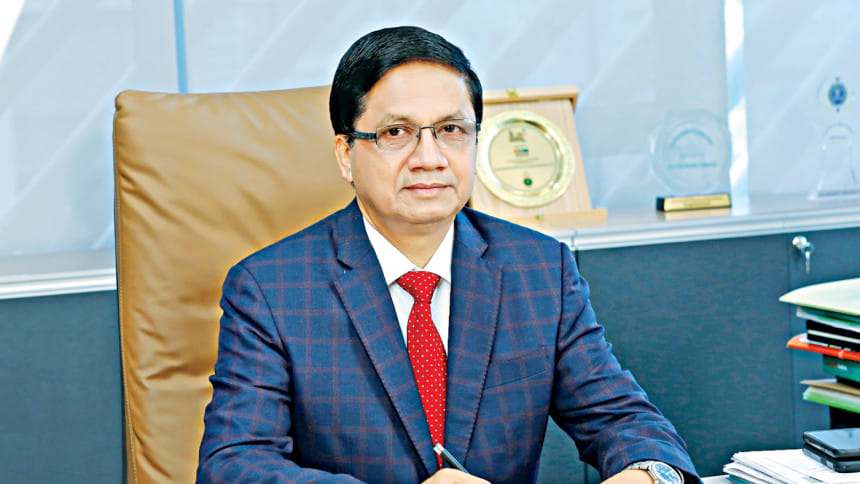Banks must reach out to SMEs

Mohammad Feroz Hossain, Managing Director and CEO, Exim Bank.
As part of its all-inclusive banking policy, EXIM Bank has always promoted investments in SMEs and related sectors like agriculture, cottage industries, micro-enterprises, women entrepreneurship, and rural finance. Around a fifth of our investments go to these sectors. We achieved as much as 87% of the disbursement target set by the regulator for these sectors. We aim to create new entrepreneurs in SMEs through consultancy and education. This is why we need to reach remote areas of the country and unbanked people within the demographic. Besides having a dedicated SME desk at each of our branches staffed with SME experts, we promote intensive communication at the social level. This is how we extensively engage in the SME business.
Banks provide money to those who need it. But in reality, people with little money rarely approach banks. Our SME entrepreneurs are such a segment of people who have little money and even less awareness about preferential banking services available to them. Therefore, banks should reach out to them and explain the prospects of their enterprises explicitly so that they dare to embark on further ventures. This is how we can push our SME potential to the limits.
The government should ensure through legal means that SME investments/loans reach the real beneficiaries.
We must remember that funding SMEs is not merely about supporting business enterprises; it involves supporting families, empowering women, nourishing children, eradicating poverty, generating employment, and ultimately upgrading the standard of living for the marginalised. For a bank, SME financing also means ensuring inclusive banking, controlling concentration risk, and maintaining sustainable growth. While providing SME investments, we promote women entrepreneurs.
In fact, the government is very supportive of SMEs and related sectors. The central bank already has a substantial fund under its refinance scheme for SME enterprises, aimed at creating employment, especially in remote and rural areas. Now it is time for commercial banks to make the best use of this fund to identify and nurture new entrepreneurs every day. However, the government should ensure through legal means that SME investments/loans reach the real beneficiaries, or we cannot expect the intended socio-economic impact to occur. Repayment failures and laxity in securities should be dealt with prudently.
One thing worth mentioning is arranging SME fairs regularly at the upazila towns where banks and non-bank financial companies can present their SME service offers, and prospective and existing SME entrepreneurs can meet them with their plans and enterprises. Bangladesh, being an agricultural country with a vast array of professional castes like potters, carpenters, weavers, fishermen, blacksmiths, etc., who are highly skilled due to ancestry, is fertile ground for cottage and SME banking.

 For all latest news, follow The Daily Star's Google News channel.
For all latest news, follow The Daily Star's Google News channel. 



Comments